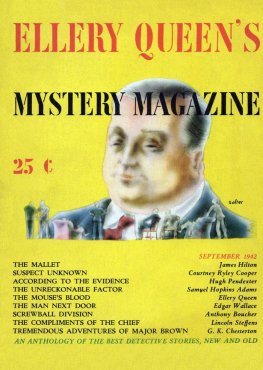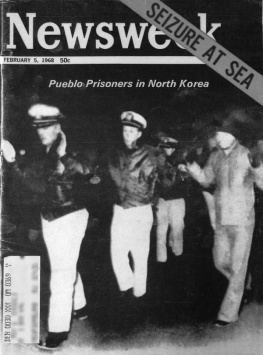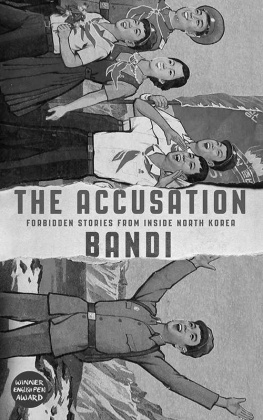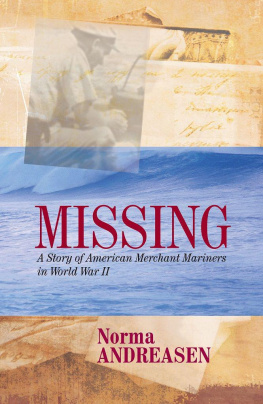Jack Cheevers - Act of War: Lyndon Johnson, North Korea, and the Capture of the Spy Ship Pueblo
Here you can read online Jack Cheevers - Act of War: Lyndon Johnson, North Korea, and the Capture of the Spy Ship Pueblo full text of the book (entire story) in english for free. Download pdf and epub, get meaning, cover and reviews about this ebook. year: 2013, publisher: Penguin Group US, genre: Detective and thriller. Description of the work, (preface) as well as reviews are available. Best literature library LitArk.com created for fans of good reading and offers a wide selection of genres:
Romance novel
Science fiction
Adventure
Detective
Science
History
Home and family
Prose
Art
Politics
Computer
Non-fiction
Religion
Business
Children
Humor
Choose a favorite category and find really read worthwhile books. Enjoy immersion in the world of imagination, feel the emotions of the characters or learn something new for yourself, make an fascinating discovery.
- Book:Act of War: Lyndon Johnson, North Korea, and the Capture of the Spy Ship Pueblo
- Author:
- Publisher:Penguin Group US
- Genre:
- Year:2013
- Rating:4 / 5
- Favourites:Add to favourites
- Your mark:
Act of War: Lyndon Johnson, North Korea, and the Capture of the Spy Ship Pueblo: summary, description and annotation
We offer to read an annotation, description, summary or preface (depends on what the author of the book "Act of War: Lyndon Johnson, North Korea, and the Capture of the Spy Ship Pueblo" wrote himself). If you haven't found the necessary information about the book — write in the comments, we will try to find it.
On a frigid January morning while eavesdropping near the port of Wonsan, the Pueblo was challenged by a North Korean gunboat. When Bucher tried to escape, his ship was quickly surrounded by more patrol boats, shelled and machine-gunned, and forced to surrender. One American was killed and ten wounded, and Bucher and his young crew were taken prisoner by one of the worlds most aggressive and erratic totalitarian regimes.
Less than forty-eight hours before the Pueblos capture, North Korean commandos had nearly succeeded in assassinating South Koreas president in downtown Seoul. Together, the two explosive incidents pushed Cold War tensions toward a flashpoint as both North and South Korea girded for warwith fifty thousand American soldiers caught between them. President Lyndon Johnson rushed U.S. combat ships and aircraft to reinforce South Korea, while secretly trying to negotiate a peaceful solution to the crisis.
Act of War tells the riveting saga of Bucher and his men as they struggled to survive merciless torture and horrendous living conditions in North Korean prisons. Based on extensive interviews and numerous government documents released through the Freedom of Information Act, this book also reveals new details of Johnsons high-risk gambit to prevent war from erupting on the Korean peninsula while his negotiators desperately tried to save the sailors from possible execution. A dramatic tale of human endurance against the backdrop of an international diplomatic poker game, Act of War offers lessons on the perils of covert intelligence operations as America finds itself confronting a host of twenty-first-century enemies.
Jack Cheevers: author's other books
Who wrote Act of War: Lyndon Johnson, North Korea, and the Capture of the Spy Ship Pueblo? Find out the surname, the name of the author of the book and a list of all author's works by series.
















